They don't have to be the best-selling books, or even the most popular. Nor should we insist on extracting narrative quality from the Bible or the Koran, the Torah or the Talmud, no matter how much their spiritual reach fill some types of believers or others ...
For me, it is about pointing out the books that mark epochs, that transcend their time and can find new readings in people (or even in aliens if one day we manage to leave a written legacy of our civilization) from very different moments. Only in this way can the pretentious task of selecting the best novels in history.
Yes, I said novels because it was going to try fiction as the first sieve and thus we get rid of philosophers, thinkers, revolutionaries and other chroniclers of the future of Humanity. We are left with novels or stories, with the reflection of our existence, from plots that sublimate the human in the eternal struggles between good and evil, with the approach to characters dissected in all their physical, psychological and emotional dimensions. Fiction is LITERATURE with capital letters.
Top 5 recommended novels in the history of literature
The Count of Montecristo
The tragicomedy of life as an adventure. Resilience with a romantic touch, tinges of a remote crime novel around the most evil of the human condition. An avant-garde backstory at the time but that respected the more classic approach of beginning, middle and end. Only the knot is a precise architecture of more knots developed in a chain. Each one of extremely brilliant workmanship to finally compose a fascinating network.
Shipwrecks, dungeons, escapes, executions, murders, betrayals, poisonings, personality impersonations, a child buried alive, a resurrected young woman, catacombs, smugglers, bandits... all to create an unreal, extraordinary, fantastic atmosphere, tailored to the superman who moves in it. And all this wrapped in a novel of customs, worthy of measuring up against Balzac's contemporaries.
But, in addition, the entire work revolves around a moral idea: evil must be punished. The count, from that height that gives him wisdom, wealth and the management of the threads of the plot, stands in "the hand of God" to distribute rewards and punishments and avenge his shattered youth and love. Sometimes when he performs miracles to save the righteous from death, the reader is overcome with emotion. Others, when he delivers the relentless blows of revenge, we feel shaken.
The Quijote
Exuberance in form and substance, irony, erudition in a popular tone (a balance almost impossible for any narrator other than Cervantes). The adventures and misadventures of Don Quixote overflow with imagination on all sides. But every astute reader quickly realizes that beyond the adventure of Don Quixote and Sancho Panza there is a lot of parable, teaching and moral. A madman like Him is capable of demonstrating with each new chapter that lucidity is more the heritage of those who contemplate the world on horseback of its own stridency.
Don Quixote is the name chosen by Alonso quijano for his adventures as a knight errant in the work of fiction The Ingenious Gentleman Don Quijote of La Mancha, work of the Spanish writer Miguel de Cervantes.
Slim, tall and strong, Alonso quijano He was very fond of chivalric novels, so much so that he began to suffer hallucinations and to think of himself as a knight errant named Don Quixote. In his adventures in search of his imaginary lady, Dulcinea del Toboso, was accompanied by Sancho Panza, a realistic and hardworking country man, as a squire.
Don Quixote he endangers his life several times and combines madness with moments of great lucidity, as well as showing a tremendous naivety that many of the characters in the book - the theoretically sane ones - try to take advantage of.
The Adventures of Don Quixote they end when he is defeated by the Bachelor Carrasco disguised as a knight. Forced to return home and abandon the knightly life, Don Quixote he regains his sanity but dies sick of melancholy.
The perfume
Patrick Süskind got away with this novel. As chance would have it, this German writer came across one of the most unique, exciting and fascinating novels in the history of literature. Grenouille's character reaches similar intensity as Don Quixote from his eccentricity. Because Grenouille lives with her sentence as brought from the old punishments of the Greek gods. No one can smell it because it has no aroma.
Everyone repudiates him for his disturbing presence that emulates nothingness, emptiness... And yet, Grenouille's sense of smell is capable of everything, of synthesizing that aroma that evokes life, love, death, even his ultimate consequences.
From the misery in which he was born, abandoned in the care of some monks, Jean-Baptiste Grenouille fights against his condition and climbs social positions, becoming a famous perfumer. He creates perfumes capable of making him go unnoticed or inspiring sympathy, love, compassion... To obtain these masterful formulas he must murder young virgin girls, obtain their bodily fluids and liquefy their intimate odors. His art becomes a supreme and disturbing sleight of hand. Patrick Süskind, who has become a master of ironic naturalism, transmits us an acidic and disillusioned vision of man in a book full of olfactory wisdom, imagination and enormous amenity. His persuasion matches that of his character and offers us a literary immersion in the natural rainbow of smells and in the disturbing abysses of the human spirit.
A happy world
Dystopia as an argument is in literature the closest thing to a projection of social criticism that only fiction can address to put us all on alert. Since our world has been shaped into strongly institutionalized societies, after the Industrial Revolution, the underground mechanism of alienation has been adjusting precisely around the development of democracy as the maximum value. If democracy is already the least bad of social systems, when the disturbing black clouds of dystopianism loom, things get ugly and the "demos" part of the word is completely distorted.
Beyond the Utopia of Tomás Moró from which this later antagonistic idea arises, Huxley was the first to appear at the possible, adrift more feasible if the power insisted on submitting in the most cunning, at times invaluable way. The result is an ever-necessary precursor novel of 1984's Orwell or Rebellion on the Farm by the same author.
Being a brand pioneer. And with all the field open for Huxley, his happy world is the novel of dystopian novels, an essential work for its rhythm of course but also for the commented background.
Guerra y paz
True, a thick work where they exist. But that's what it's about, isn't it? When we read a good novel a part of us wishes that it never ends, or so we feel when we turn the last page. And when this happens, when the work continues night after night of reading, with an almost orgasmic intellectual enjoyment (I don't know if the latter is a complete contradiction), we complain about how long it is ...
Of course, the hundreds and hundreds of pages seems more serious when it has not begun to read yet. Once the plot is in place, it makes us live in that epic that addresses everything from the historical to the existential. Perhaps having been outlined in its beginnings as a serial work gives it its unique identity as a diverse work, an unpredictable and magical mosaic that makes us delve into detail as soon as it suddenly takes us out of the picture so that we can make out all that holistic means as we take more and more perspective on historical events and characters.
Published in installments in the Russian Messenger magazine between 1865 and 1867 and in book form in 1869, War and Peace did not cease to cause confusion in its time and then, to this day, passionate attempts at definition. The main characters make up a representative painting of the Russian aristocracy of the early XNUMXth century. Tolstoy joins his vicissitudes in the time of the Napoleonic wars with those of historical figures and those of ordinary people, encompassing the epic and the domestic, the public and the intimate, often from unexpected perspectives: not just that of a high command opposed to that of an orderly, but even that of a six-year-old girl ... or that of a horse.

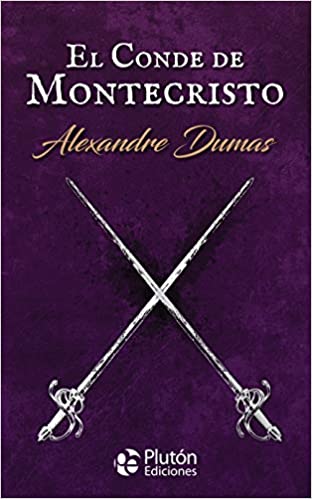
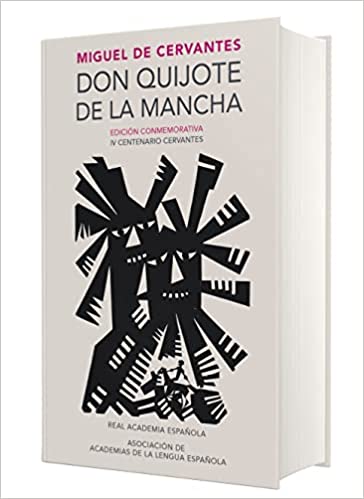
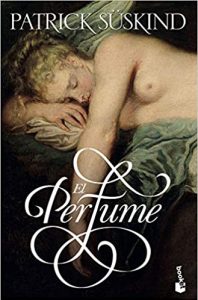
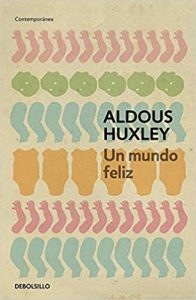
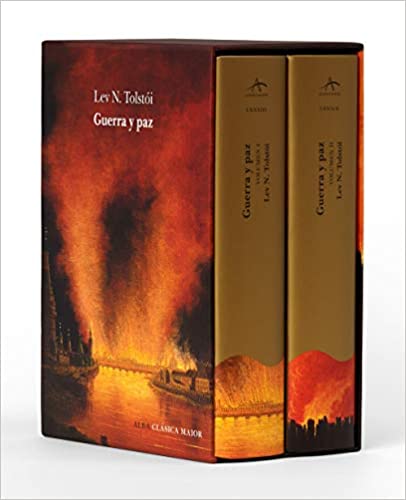
1. Stendhal's Red and Black
2. Crime and punishment of Dostoevsky
3. Pantaleon and the visitors of Vargas Llosa
4. Eugenie Grandet by Balzac
5. Bernard Shaw's Pygmalion
Brilliant!
Thanks for your input, Rossana.